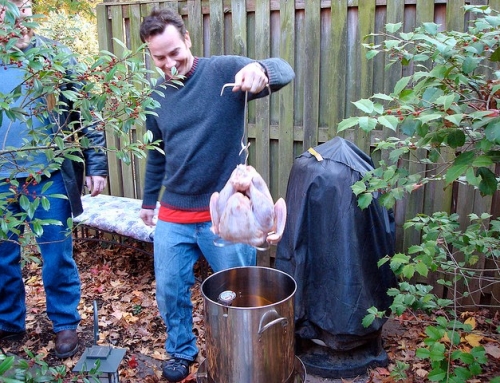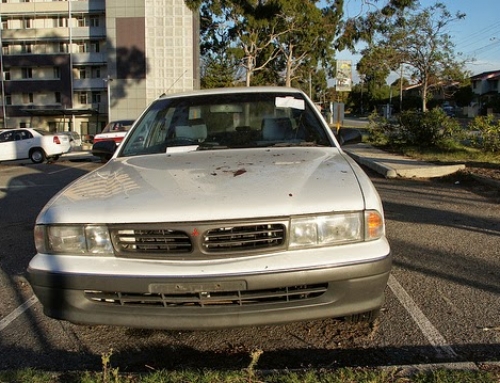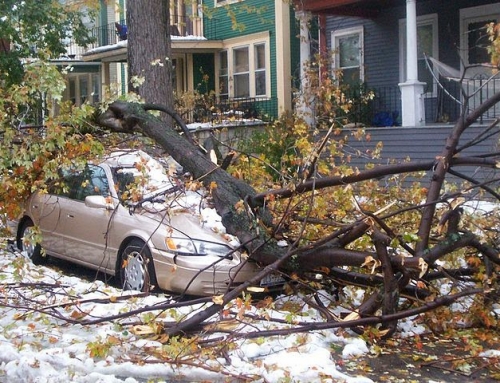Have you ever allowed someone to hunt on your land? Given the neighbor’s kids permission to play football in your yard? Maybe you let someone park in your driveway that one time. Well, the new Iowa Supreme Court ruling may have you thinking twice about these good deeds.
In a recent Iowa Court of Appeals ruling, affirmed and expanded by the Iowa Supreme Court, Iowa’s Recreational Use Statute has gone away. What does that mean? You ask.
Prior to this court decision, landowners were free to open up their private lands for recreational use without the fear of unwarranted liability claims from the people using the land. In the event of an injury, the recreational users were viewed as adult trespassers, absolving the landowner from liability claims. The only exception to this was a landowners willful and malicious acts causing an injury. This statute was originally implemented in 1965 by the council of State Governments. The Council noted that if private owners were willing to make their land available to the general public without charge, every reasonable encouragement should be given to them.
Then came the Kindergarten class field trip.
The facts of the case are straightforward. The plaintiff was a chaperone for her daughter’s kindergarten class field trip to the defendants’ dairy farm. The kindergarten teacher had been invited to bring her class to the farm on an annual basis for 25 years. During this visit, the group was guided by the defendants to different activities, such as horseback riding, calf feeding, tractor viewing, and playing in the hayloft. The plaintiff was in the hayloft with the children when the hay bale on which she was standing gave way and she fell down a chute to the floor six feet below. As a result, she broke her wrist and ankle. The plaintiff sued the defendants alleging that they breached their duty to maintain the premises in a safe manner. The court eventually sided with the plaintiff.
A precedent has now been set, that is why we are advising all of our clients, especially those with a considerable amount of land, to take steps to protect themselves by preventing entry by any persons upon their property, within their structures, or upon their farms. The promised liability protection for opening agricultural land to others for recreational purposes no longer exists. The risks of continuing the practice are great with limited opportunities to guard against liability.
Next year, you can guarantee that the kindergarten class that has visited defendant’s farm for 25 years will now have the opportunity to learn about dairy production only by reading the back of their milk cartons and looking at picture books in the safety and comfort of their school building.







Leave A Comment